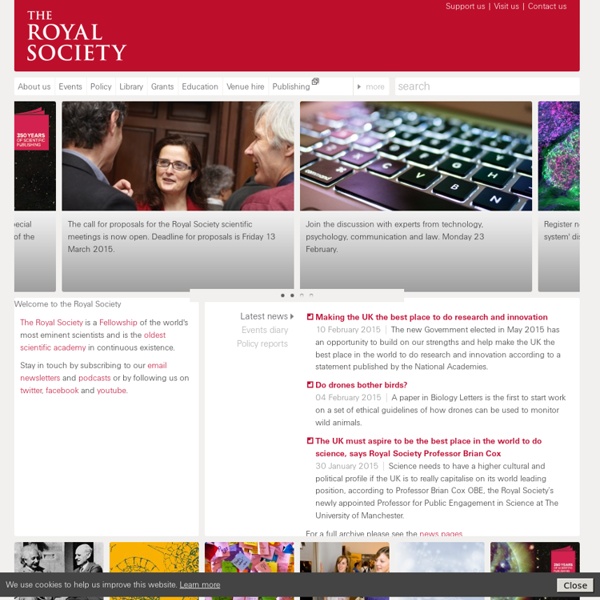



Global Warming IntroductionGreen House EffectGreen House GasesGlobal TemperaturesEl NiñoOcean Heat ContentSea Level RiseHydrological CycleCryosphereClimate Variability and ExtremesHistorical ContextNatural VariabilityU.S. ClimateFuture Climate ProjectionsAdditional Resources Introduction This page is based on a brief synopsis of the 2007 Fourth Assessment Report (AR4) by the Intergovernmental Panel on Climate Change (IPCC), as well as NCDC's own data resources. It was prepared by David Easterling and Tom Karl, National Climatic Data Center, Asheville, N.C. 28801. One of the most vigorously debated topics on Earth is the issue of climate change, and the National Environmental Satellite, Data, and Information Service (NESDIS) data centers are central to answering some of the most pressing global change questions that remain unresolved. Listed below is information based upon common questions addressed to climate scientists (based on IPCC reports and other research) in common, understandable language.
Climate Program Office (CPO) Climate Literacy Home About CPO Contact CPO Climate Glossary About Climate Introduction Physical Climate Decision Support Regional Opportunities Grants Fellowships Jobs Volunteers Education Communications and Education Program Climate Literacy Links and Documents Data & Products Topics Forecasts & Assessments Catalog Sources Library Legislative Media Presentations Publications News & Events Calendar Climate Board Calendar CPO News Top Stories Archives CPO Programs Program Activities Climate Observations andMonitoring (COMS) Earth System Science (ESS) Modeling, Analysis, Predictions, and Projections Program (MAPP) Climate and Societal Interactions (CSI) International Climate Objectives Improve Scientific Understanding Assess Climate and Its Impacts Inform Mitigation & Adaptation Choices Promote Public Description Program Components FY 09 Highlights Program Charters Partnerships Labs Cooperatives Special Projects US GCRP/CCSP Products International Polar Year Argos JTA
Climate Change Report Released: Abrupt Impacts of Climate Change A new report from the National Research Council calls for attention to abrupt impacts from climate change, emphasizing the need for an early warning system to help society better anticipate sudden changes and emerging impacts. Amanda Staudt Named as Director of Climate and Polar Research Boards The National Research Council has named Amanda Staudt as the new Director of the Board on Atmospheric Sciences and Climate (BASC) and the Polar Research Board (PRB). For the past six years, Amanda served as Senior Climate Scientist at the National Wildlife Federation, and she was a former Senior Program Officer in BASC. Report: Effects of U.S. Current federal tax provisions have minimal net effect on greenhouse gas emissions, according to a new report from the National Research Council. Visit the New America’s Energy Future Website Report Examines Social Stress and Climate Change NRC Climate Booklet is Available in Spanish Take the Green Tour Challenge!
Carbon Fees Fourth Assessment Report: Working Group I Report "The Physi Click to the link below to read details: Assessment Reports: These are published materials composed of the full scientific and technical assessment of climate change, generally in three volumes, one for each of the Working Groups of the IPCC, together with their Summaries for Policymakers, plus a Synthesis Report Special Reports: These are materials that provide an assessment of a specific issue and generally follow the same structure as a volume of an Assessment ReportMethodology Reports: These are materials that provide practical guidelines for the preparation of greenhouse gas inventories Translations in non-UN languagesReporting an Error These are published materials composed of the full scientific and technical assessment of climate change, generally in three volumes, one for each of the Working Groups of the IPCC, plus a Synthesis Report. Each of the Working Group volumes is composed of individual chapters, an optional Technical Summary and a Summary for Policymakers. Cover
Climate Change: Ecological Impacts Report Released: Abrupt Impacts of Climate Change A new report from the National Research Council calls for attention to abrupt impacts from climate change, emphasizing the need for an early warning system to help society better anticipate sudden changes and emerging impacts. Amanda Staudt Named as Director of Climate and Polar Research Boards The National Research Council has named Amanda Staudt as the new Director of the Board on Atmospheric Sciences and Climate (BASC) and the Polar Research Board (PRB). Report: Effects of U.S. Current federal tax provisions have minimal net effect on greenhouse gas emissions, according to a new report from the National Research Council. Visit the New America’s Energy Future Website The National Research Council’s energy news and activities will be featured on the new, improved America’s Energy Future website. Report Examines Social Stress and Climate Change NRC Climate Booklet is Available in Spanish Impacts of Climate Change on Alaska’s Transportation
A Scientist, His Work and a Climate Reckoning Jonathan Kingston/Aurora Select, for The New York Times KEEPING WATCH The Mauna Loa Observatory, at an altitude of 11,135 feet above sea level in Hawaii, has been continuously monitoring and collecting data related to climate change since the 1950s. More Photos » They make no noise. But once an hour, they spit out a number, and for decades, it has been rising relentlessly. The first machine of this type was installed on Mauna Loa in the 1950s at the behest of Charles David Keeling, a scientist from San Diego. Yet, five years after Dr. When Dr. By 2005, the year he died, the number had risen to 380 parts per million. The greatest question in climate science is: What will that do to the temperature of the earth? Scientists have long known that carbon dioxide traps heat at the surface of the planet. Fossil fuel emissions, they say, are like a runaway train, hurtling the world’s citizens toward a stone wall — a carbon dioxide level that, over time, will cause profound changes.
ETOM | Earth: The Operators' Manual